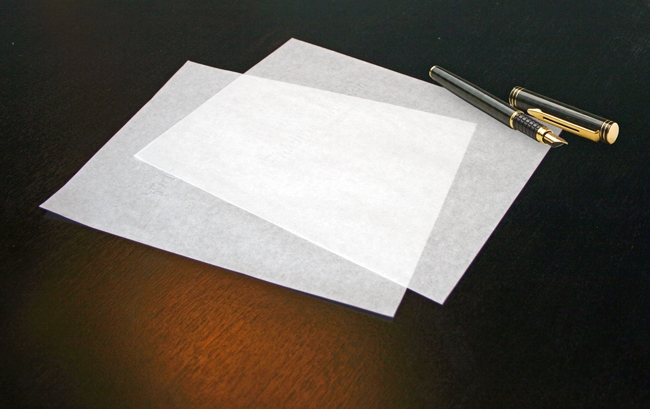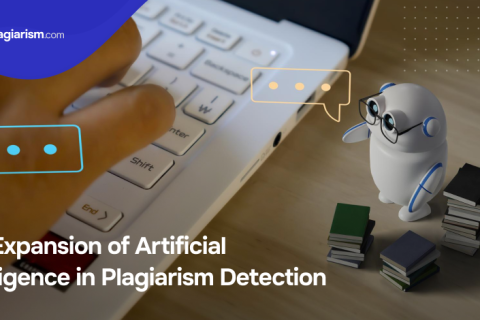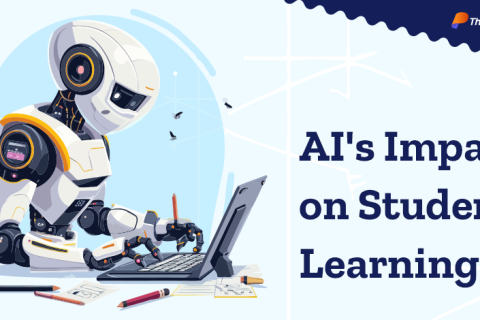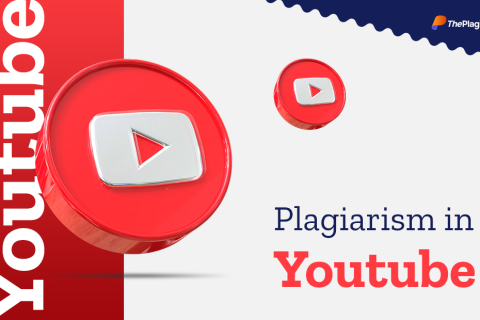Some types of plagiarism
08 Jul 2016

Students are required to regularly submit research papers or term papers nowadays. They are required to do original research for them. However most of these students resort to plagiarism instead of doing their job honestly. There are many types of research papers but the main types of research papers are the following. The first one is the paper with substantial amount of plagiarising in it. This sort of paper has widespread amount of copying in it. The sources that it has been copied from are of a wide variety. These sources are everything right from newspapers and magazines to television and radio from previous papers and journals to present day research papers and from books to articles and papers on the internet. Sources are looked up to and referred, totally copied from or modified or just major portions are copied word to word as it is. There is no evidence to back up the points and arguments made in the paper, none at all. Added to this is the fact that bibliographic sources are not mentioned properly at all. They are either mentioned wrongly or not mentioned at all. Also appropriate credit is not given to the author. The second type is the incidental plagiarism. This sort of plagiarising is basically small time plagiarising and copying. It is not very big in nature. There is small time borrowing of information from either local sources or from sources on the internet. Small amounts of information are borrowed and modified slightly. In addition to this, small errors, either accidental or forgotten, are present in this and format of citations is not proper. The third type of paper is the one free from plagiarism. This paper is done on the basis of absolutely original research. The arguments are the student’s own and he or she has given proper evidence to support and back them up. Apart from this absolutely the right format of citations has been used everywhere and no quotations are forgotten. Even the sources of information are mentioned properly in great detail.
Looking at things from a student’s point of view we see that for achieving short term benefits one is prepared to endure all costs, risks and disadvantages for the simple reason that this practice required very little hard work, time and patience. However the following countermeasures can check plagiarising of any sort. The first is that lecturers need to put in more effort. Most lecturers just give the paper and forget about it. As students are not familiar with the aspects of research, editing, understanding and writing, these students need to be told in detail about all of them to clear their doubts so that they do not stay confused anymore and do not resort to plagiarism. The second countermeasure is the one where continuous work is given to the students throughout the year. The students should be given small assignments of all possible formats throughout the year to keep them on their toes and so that they learn something. Research opportunities of all fields ought to be discussed with them and so should the presence of research papers available on the internet and it is not good to buy them. Thirdly, the whole research process should be made public via oral presentations to avoid plagiarism. Finally it should be ensured that students make maximum use of the college library and in case of any doubts concerning a particular paper, then that paper should be analysed in great detail. These countermeasures can really help to fight plagiarising and you can read about them in greater detail on the theplagiarism.com.






